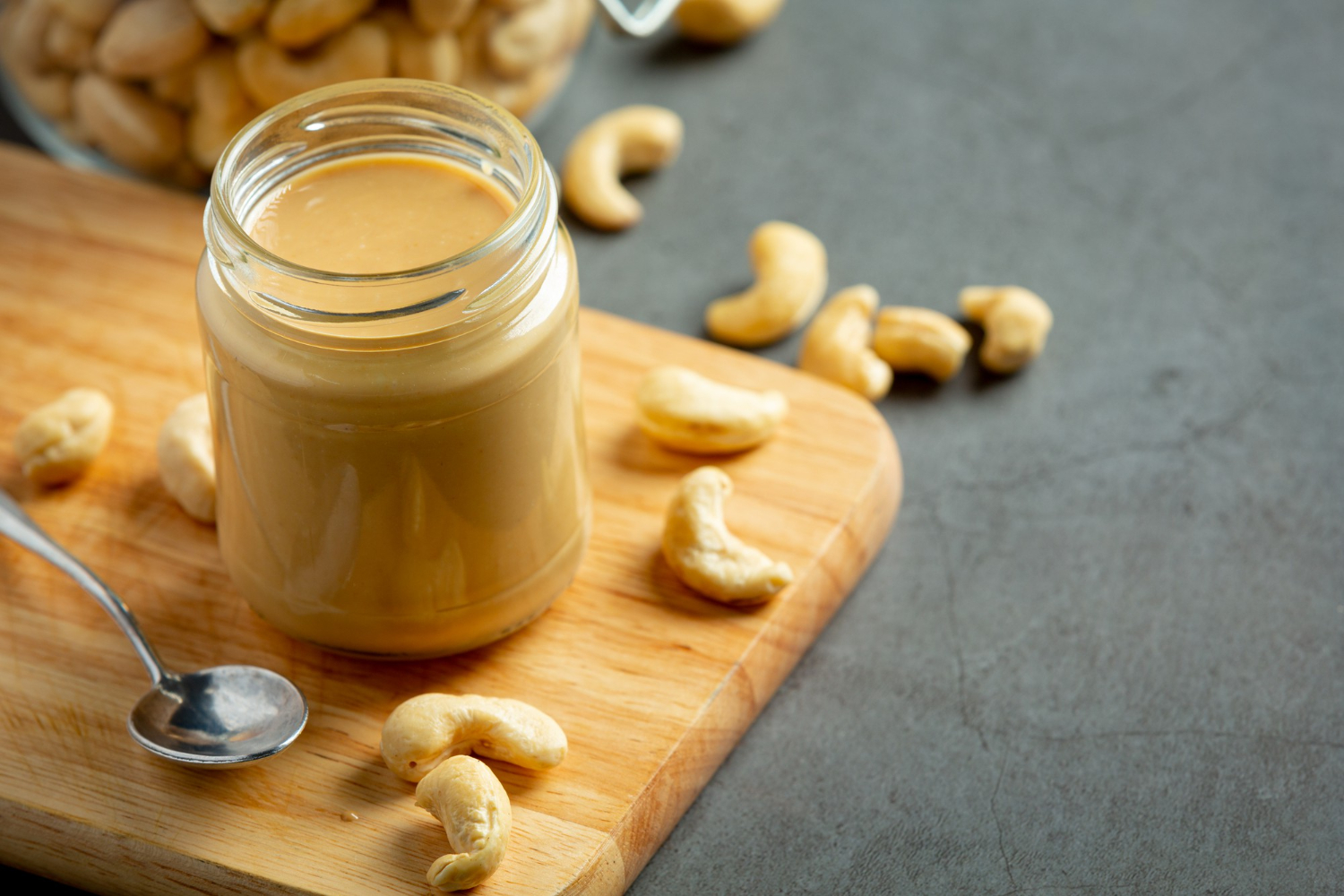Peanut butter has cemented its position in kitchens worldwide as a tasty and wholesome breakfast spread. The spread is undoubtedly a favourite among kids and adults alike, owing to its rich taste and delectable texture; the real question is – how healthy is peanut butter really? In this blog, we evaluate the data and facts to make a realistic comparison and understand how healthy peanut butter really is.
-
- Introduction to Peanut Butter
- Key Insights
- Nutritional Breakdown
- Smart Nutrition
- FAQs
- Conclusion
Introduction to Peanut Butter
For many years now, peanut butter has been a reliable breakfast spread, pre-workout snack and hunger pang fix. A spoonful of this energy-dense spread is sufficient to fuel a workout or provide a boost of energy to get through the day. Made primarily from roasted peanuts, oil and sugar, peanut butter is known to provide “healthy fat,” quality protein, and potent antioxidants, supporting heart, metabolic, and general wellness.
But what really is the nutritional value of this beloved spread, and how does it measure up to your expectations?
Key Insights
Apart from tasting great, peanut butter boasts of impeccable health benefits that make it a natural choice for everyday use.
-
- Peanut butter improves heart health owing to the healthy content of oleic and omega-6 fatty acids that are known to lower bad (LDL) cholesterol and support good (HDL) cholesterol.
- It reduces the risk of diabetes with its oleic acid and antioxidants, known to lower blood sugar and insulin resistance.
- It supports weight management by providing protein and fibre. This keeps one fuller for longer, preventing overeating.
- It gives an antioxidant boost with its resveratrol, vitamin E, manganese, and coumaric acid. These fight cell damage and chronic disease.
Nutritional Breakdown
Peanut butter is a nutrient-dense spread. It contains a multitude of micronutrients that support good health. Here is a nutritional breakdown of this famous spread that indicates what it really does for you.
| Content & Factor | Peanut Butter |
| Calories (2 tbsp/32g) | 190 |
| Protein | 7–8g |
| Unsaturated Fat | ~8g |
| Fiber | 2–3g |
| Vitamin E | ~3mg |
| Magnesium | ~57mg |
| Cholesterol | 0mg |
| Sodium | Varies, aim <50mg |
Smart Nutrition
Though peanut butter is filled with good nutrients vital for the body, overconsumption is not advised. Since it is calorie-dense, consuming excess amounts can cause unwanted weight gain. Most brands also use excessive additives, sweeteners and preservatives that can do more harm than good.
To maximise health benefits, choose natural or minimally processed peanut butter without added sugars, hydrogenated oils, or preservatives like the one from Nuflower. Stick to recommended serving sizes, typically 2 tablespoons per day, to enjoy its nutrition without excessive calories or fat. Incorporating it as part of a balanced diet helps regulate blood sugar and improve satiety, reducing overeating.
Read More
The Complete Guide to All-Natural Peanut Butter: What Makes It Different
Peanut Butter and Its Health Benefits
Know More
All Natural Peanut Butter
Crunchy Peanut Butte
Creamy Peanut Butter
More variants
FAQs
Is natural peanut butter better than processed peanut butter?
Natural peanut butter is healthier since it usually contains just peanuts and sometimes a pinch of salt. It lacks added sugars, hydrogenated oils, and preservatives commonly found in processed varieties, which can add unhealthy trans fats and empty calories, reducing the nutritional value of your peanut butter.
Are there any risks or side effects of eating peanut butter?
Some risks include potential allergic reactions in sensitive individuals and weight gain from overconsumption. Also, some commercial brands have added sugars and unhealthy fats, which can negate health benefits. Choosing natural peanut butter from Nuflower and watching portion sizes reduces these risks.
Can peanut butter be part of a weight-loss diet?
Absolutely. Despite its calorie density, peanut butter helps control hunger and cravings due to its protein and fibre content. When portioned correctly and paired with overall calorie control and exercise, it can be a satisfying and nutritious component of a weight loss plan.
Peanut butter is a healthy food when consumed sensibly and chosen carefully. It offers beneficial fats, protein, fiber, and essential nutrients that support heart health, blood sugar control, weight management, and disease prevention. Avoid varieties with additives and maintain portion control for the best results. For those without allergies, peanut butter can be a valuable and tasty part of a nutritious diet.
This balanced perspective highlights both the benefits and cautions related to peanut butter to give an unbiased view of this beloved spread. Head over to our website to explore our wide range of peanut butter and the natural goodness that makes it your ideal choice.

